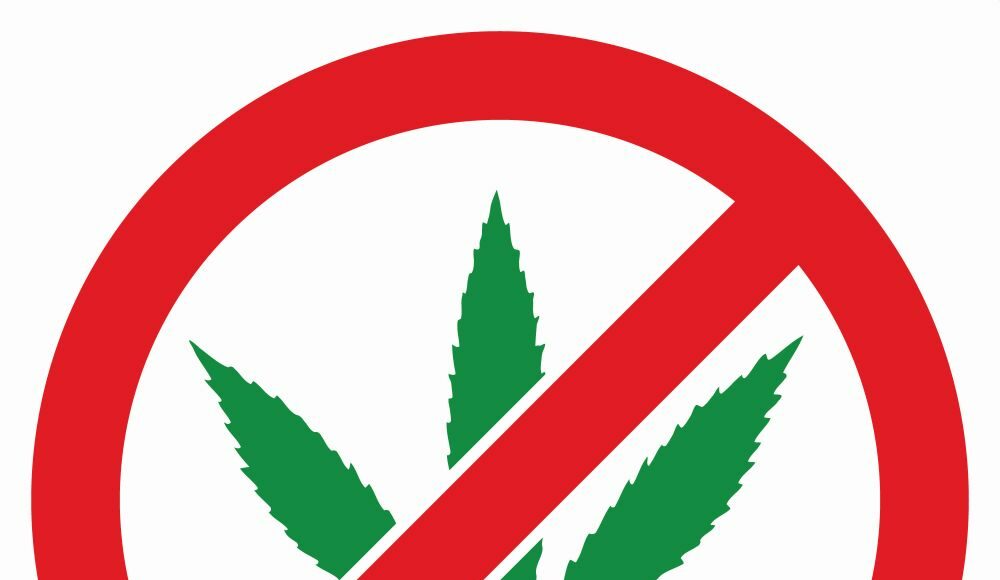The best that can be said for the state’s efforts to encourage local governments to allow cannabis businesses to open shop is: “At least it’s not nothing.”
The pot industry in California has faltered almost from the time the first adult-use dispensary opened in January 2018. There are many reasons for this, most of them having to do with government policy: high taxes at the state, and often the local, level; the continued federal illegality of cannabis; costly, sometimes-stifling regulations; and lack of access to banking and insurance.
All of those issues can be addressed. But one big problem is basically unsolvable, at least in the short term: Thanks to “home rule” powers granted by the state constitution, local governments are free to keep cannabis businesses from setting up shop in their towns or counties. And many of them have. More than 60% of towns and counties disallow cannabis dispensaries, and more than half of them—56%—bar any kind of cannabis business at all.
That situation is slowly improving, but with that much of the state essentially “dry,” the beleaguered industry is unable to serve millions of potential customers. Any adult in the state can grow their own weed. Or they can have pot delivered to them, thanks to a law passed a couple of years ago. But that law offered precious little relief to the industry, and none at all to the many Californians who live in areas with no delivery services.
Some of that marginal improvement is thanks to the state’s encouragement of local governments to accept cannabis. The main way it has done so is through Local Jurisdiction Retail Access Grants. Last week, the Department of Cannabis Control announced Phase II of the program, which is being expanded and liberalized. The grants have doubled, to $150,000 per retail license and to $300,000 per social-equity retail license.
To qualify, localities must have been without a retail licensing program before July 1, 2022, and must have a plan to develop and implement one. Funding is contingent on the actual issuance of licenses.
Phase II will award $15 million in grants. Phase I, which has been widely deemed successful in its narrow way, doled out just over $4 million to 18 cities and counties, particularly in Southern California. Huntington Beach received $325,000, while Los Angeles County received $475,000 to encourage dispensaries to open in underserved, unincorporated areas.
For Phase II, about 300 local governments are eligible for grants, thanks to the criteria being liberalized.
“There are still many locations throughout the state where cannabis usage is notable, but existing consumers do not have convenient access to legal retail cannabis,” said DCC Director Nicole Elliot in announcing Phase II. “We know that cannabis consumers often make purchasing choices based on convenience, so sufficient access to legal retail reinforces extremely important consumer safeguards.”
Californians on average have far, far less access to dispensaries than do consumers in other legal states. There are 1,216 dispensaries operating in California, or 3.1 for every 100,000 people. In Oregon, there are 819 dispensaries, or 19.3 for every 100,000 residents. Colorado has 1,056 shops, or 18.2 per 100,000. Massachusetts is widely considered to be overly restrictive, but even that state does better than California, with 276 dispensaries, or four for every 100,000 people.
The illicit market for weed continues to thrive in California, dwarfing the legal market. That’s not only because of high prices for legal pot, but also because of the lack of access in huge swaths of the state, including in some heavily populated areas. Attorney General Rob Bonta, who has championed the legal pot business since he represented Alameda as a member of the California State Assembly, recently announced a program to help local governments combat illicit pot operations by offering legal support. In announcing the program, he also called on the state to lower taxes and ease up on regulations.
Although some local police agencies semi-routinely bust illicit pot operations in order to have a “dope on the table” photo op, much of the illegal industry operates with total impunity. “Some folks believe they can avoid the tax burden or regulatory burden and just operate and make a profit without being legal,” Bonta said. “And they’ve been doing it. They haven’t been shut down.”
.Local Control Fail
Cannabis industry stunted by ‘home rule’ bans




